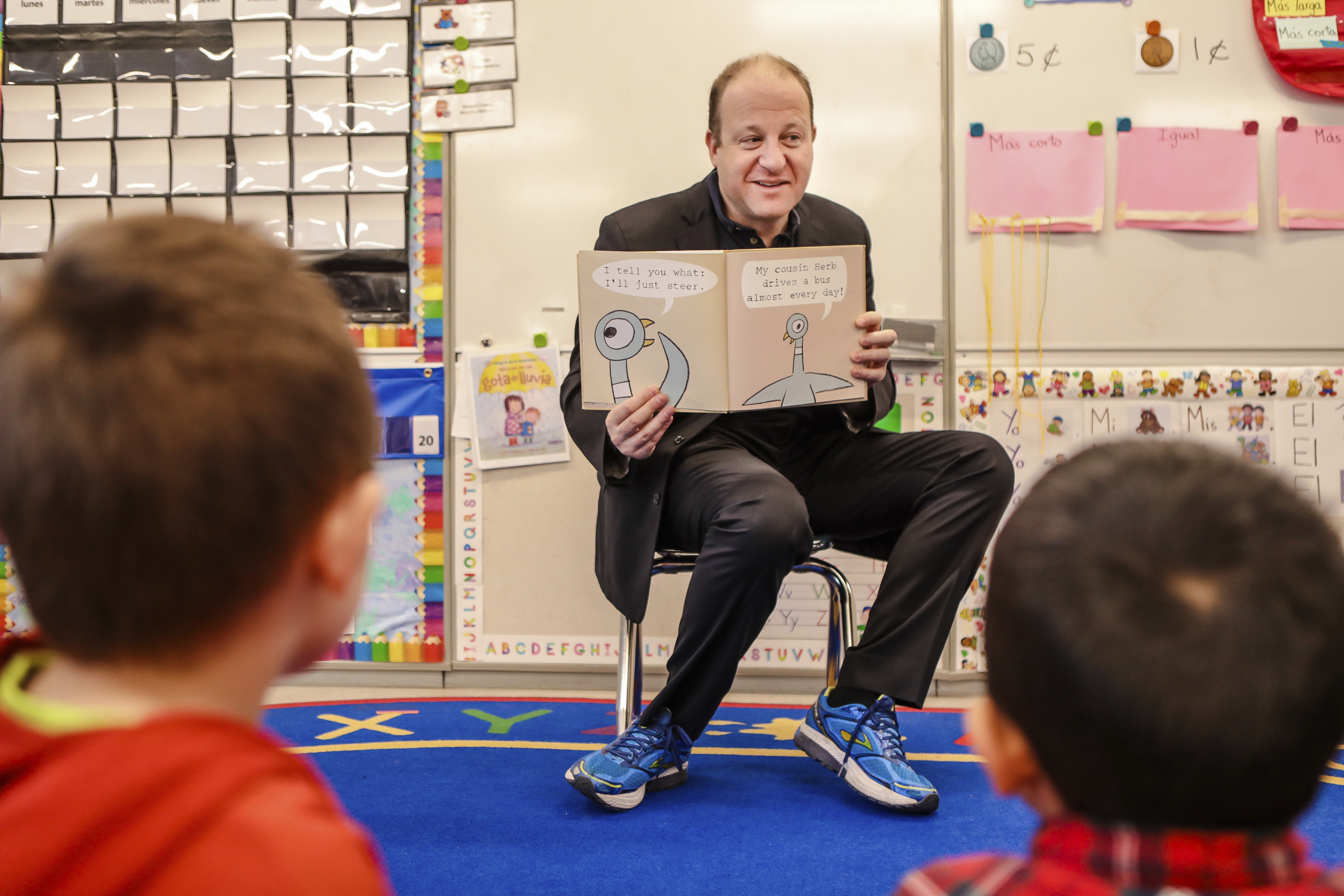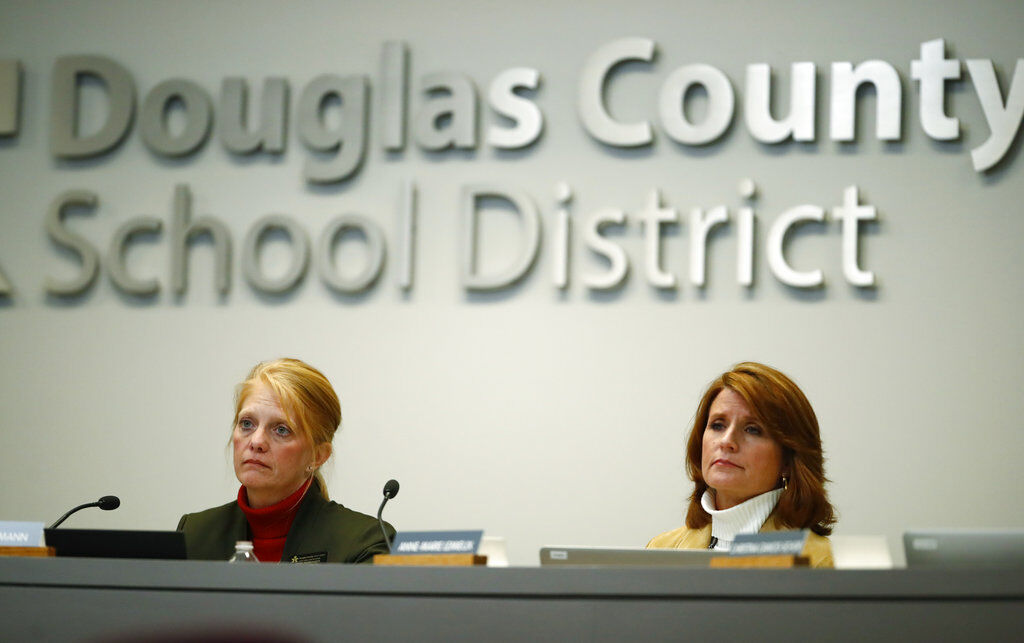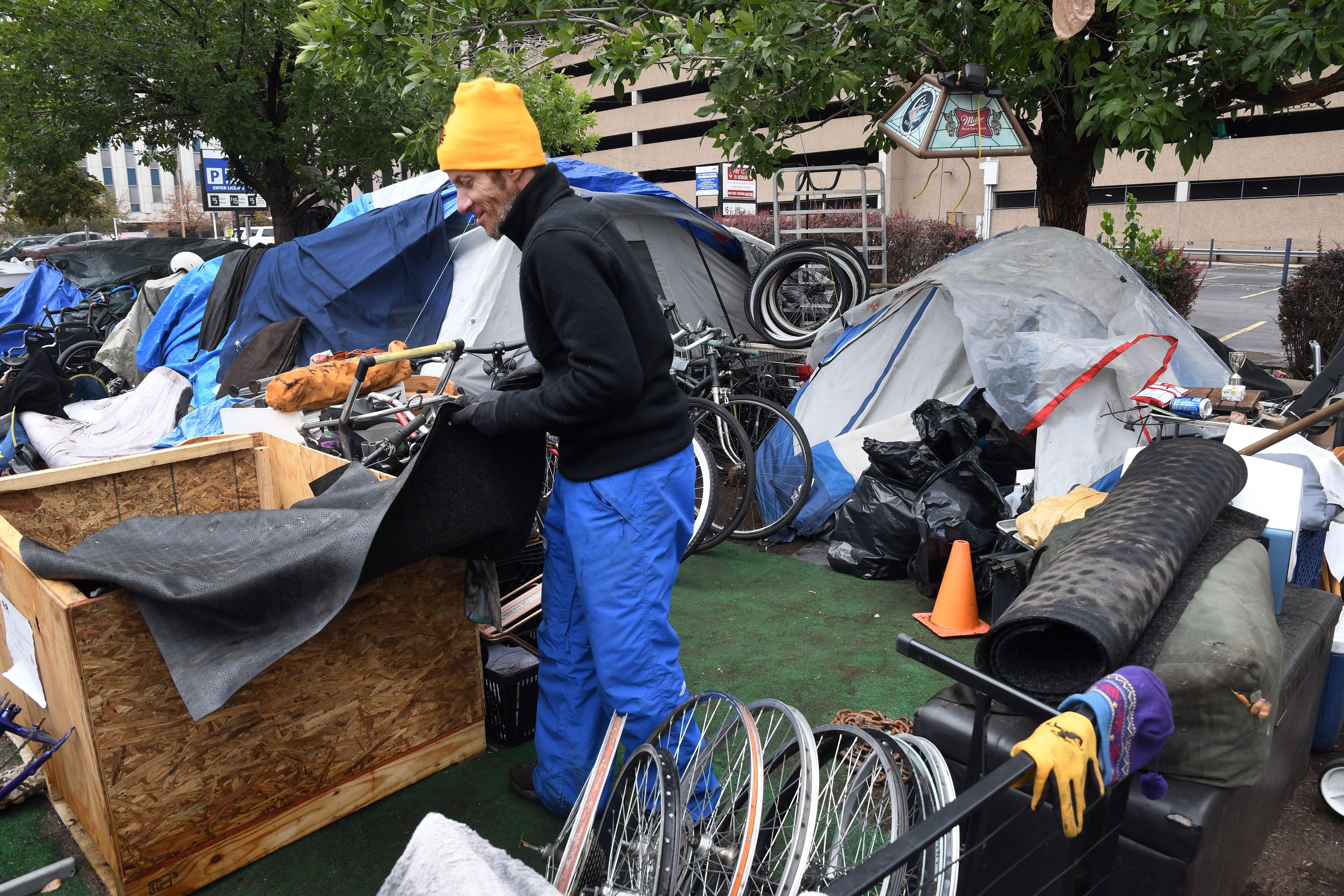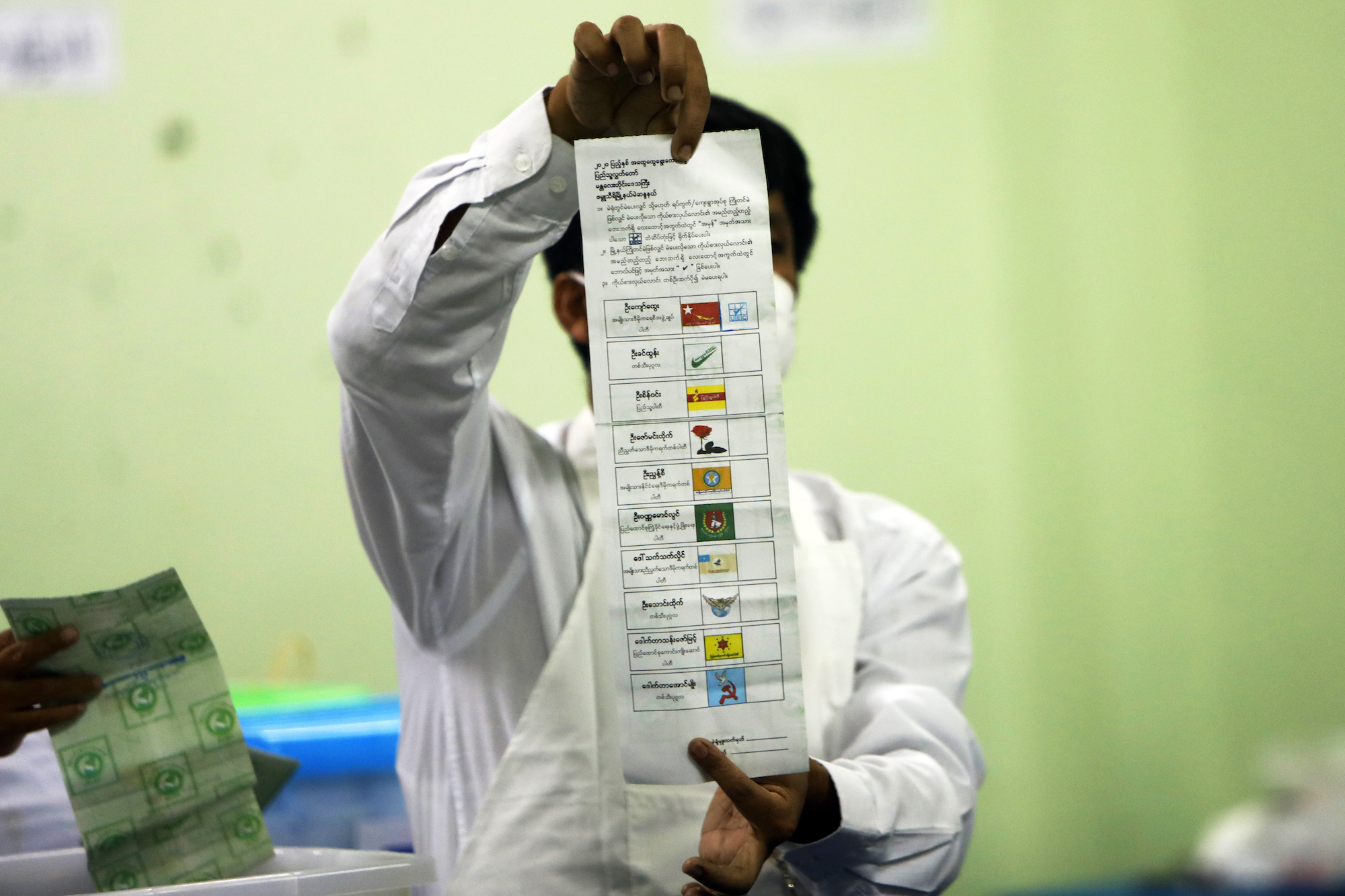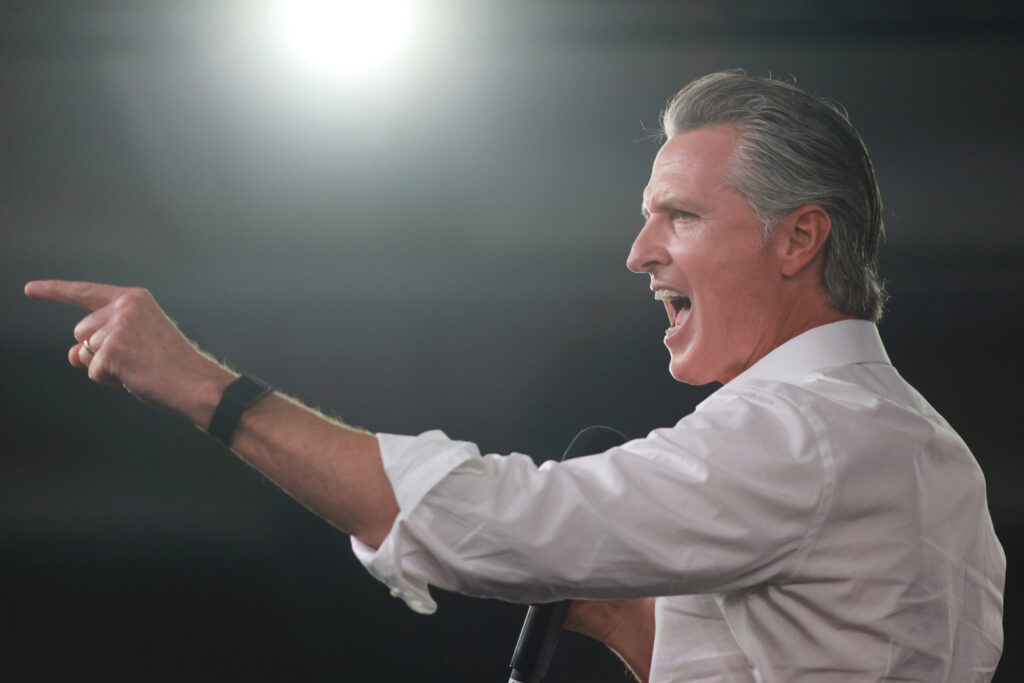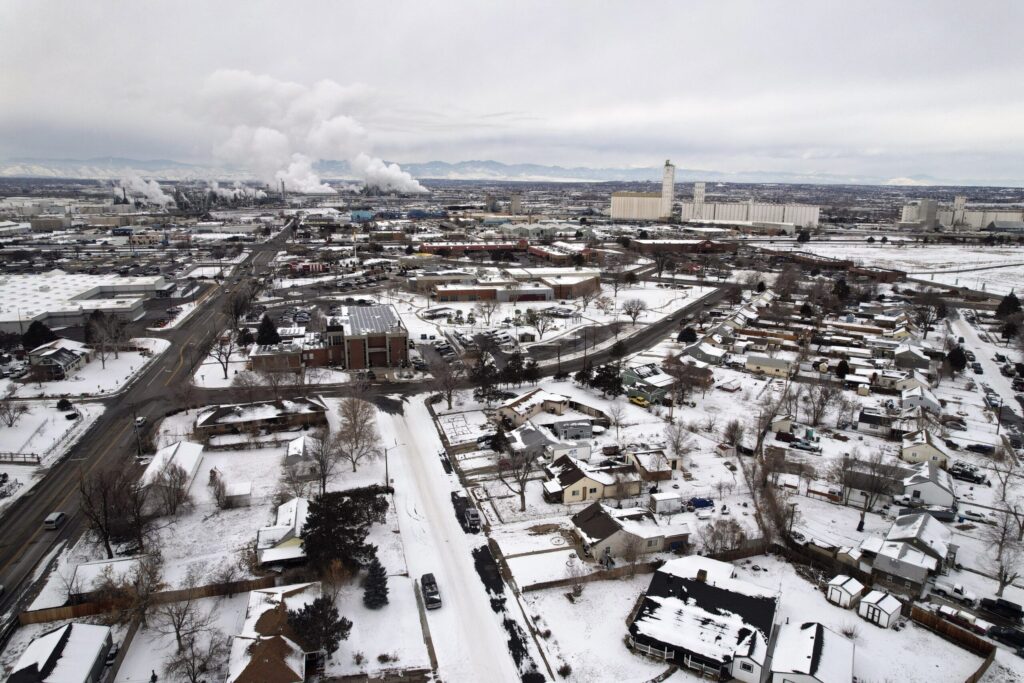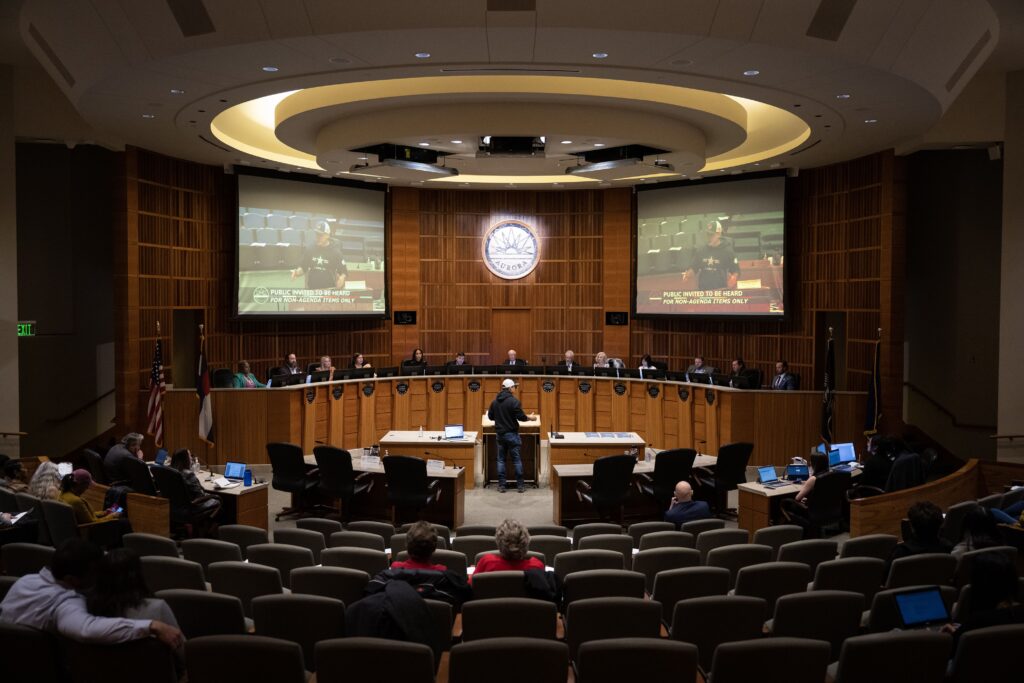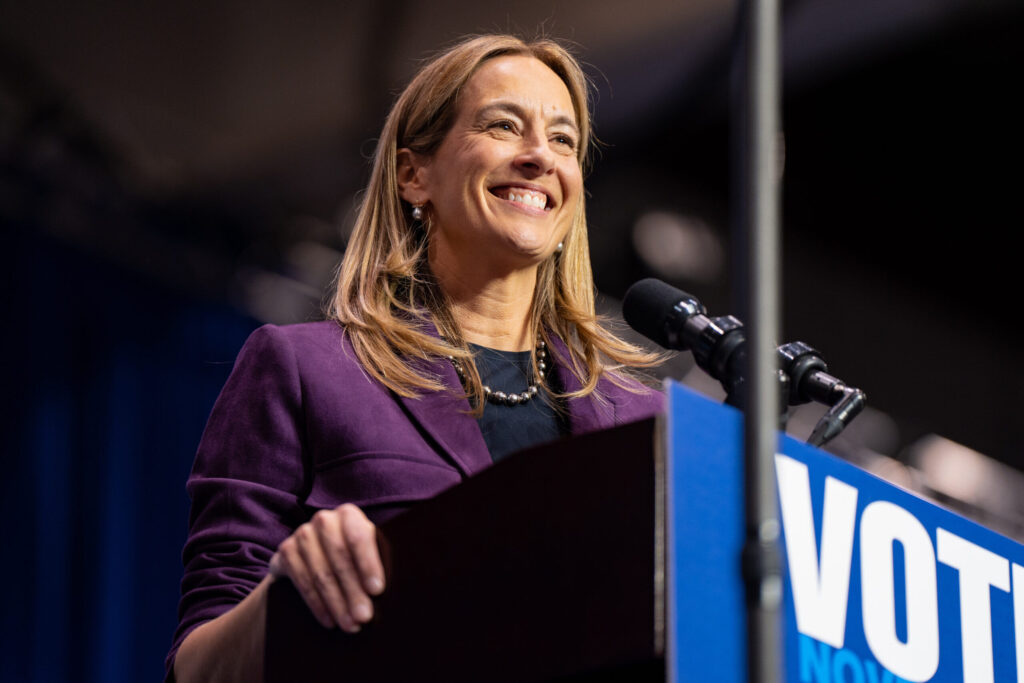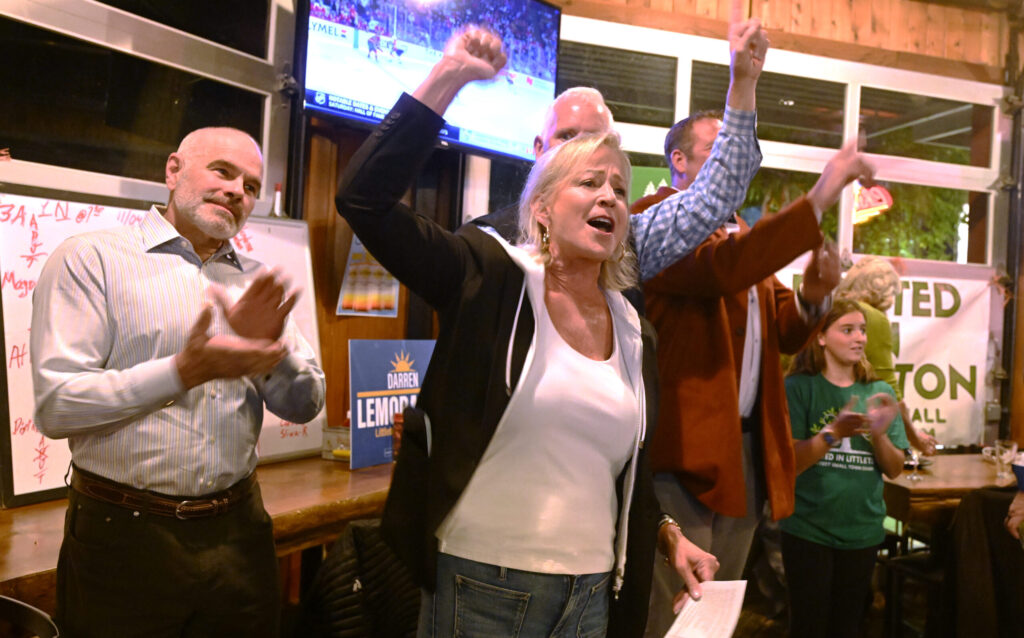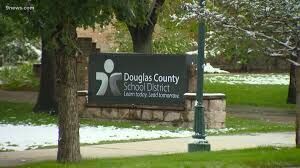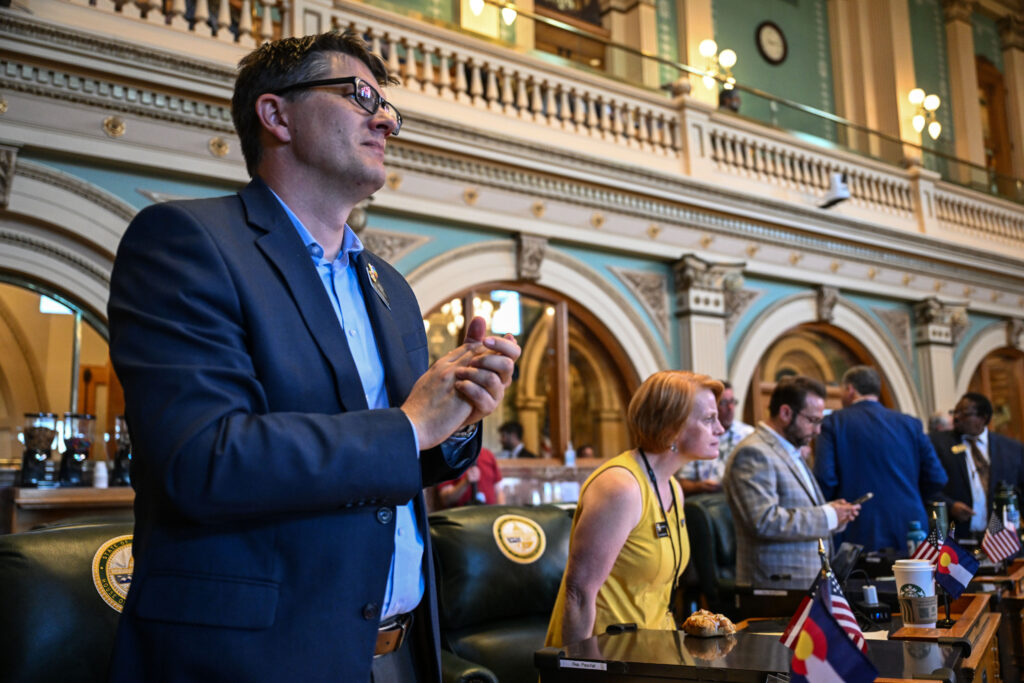Who were Colorado’s winners and losers on election night?
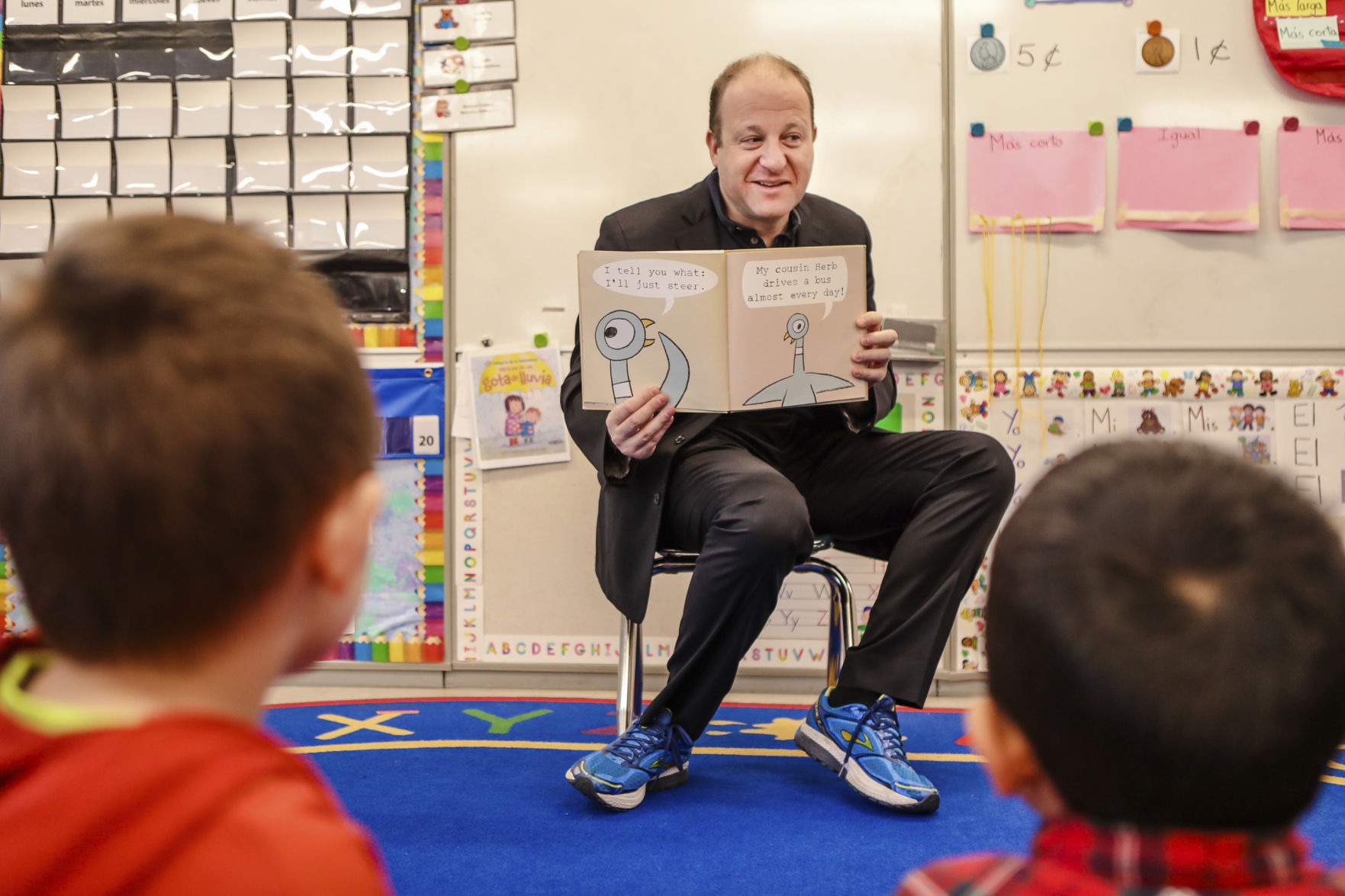
Winners
Jared Polis and future governors: The failed Amendment 78 sought to limit any Colorado governor’s spending powers during a state emergency, while forcing legislators to jump through more hoops to spend the public’s money.
School board conservatives: Republicans hoped to stake their comeback to Colorado relevance on local school board races, where all politics is local and there is plenty of political heat under masks and vaccine mandates. According to Tyler Sandberg of the conservative education advocacy group Ready Colorado, the election had twice the number of school board candidates as in 2017 and 2019.
Dark money: Undisclosed donors were big spenders with mixed results. Money flowed through such campaign financiers as the Ready Colorado Action Fund, Colorado League of Charter Schools Action, Denver Parents for Great Schools, Denver Students, Families and Teachers United for Excellent Schools and a related group, Parents for Great Schools. Elsewhere on the ballot, powerhouse dark money operations Unite for Colorado and Colorado Rising State Action poured in big bucks behind Amendment 78 and Proposition 120.
Voters who voted: The people who turned out have a louder voice in democracy. Off-year elections typically are low-turnout affairs without a governor or president on the ballot. About 1.2 million of Colorado’s 3.8 active voters did their duty, even though they amount to just under one-third of the roughly 3.3 million voters in last year’s record-setting election. What that adds up to is more influence for fewer voters who took the time this year.
Pot buyers: Statewide voters rejected Proposition 119 to raise the state sales tax on recreational marijuana from 15% to 20%, while voters in Denver axed a 1.5% tax to raise $7 million annually for pandemic research. That would have given Denver tokers a 33% levy to pay on retail buys, the third-highest among U.S. cities that tax marijuana.
Losers
School kids/Jared Polis: The downfall of Proposition 119‘s pot tax takes with it a proposal to provide kids ages 5 to 17 with after-school programs such as career training, special education support, tutoring and mental health. Expanding education is a main plank in the governor’s first-term platform, and Prop 119 qualifies as a setback.
Property owners: The demise of Proposition 120 dealt a final blow to Colorado conservatives’ bid to lower property tax rates this year (though not necessarily tax bills, because of rising values and the repeal of the Gallagher Amendment’s tax formula last year). The General Assembly rewrote tax definitions in June, which lightened the expected blow to the state budget from about $1.1 billion to $150 million.
Denver arts scene: A package of five bond requests totaling $450 million (repaid with property taxes) were slated to benefit 88 cultural outlets, including $210 million to replace the Denver Coliseum and $30 million to restore the May Bonfils Stanton Theater on the former Loretto Heights College campus, renovations to the Buell Theater, plus money for the Denver Botanic Gardens, Denver Museum of Nature and Science and Denver Zoo, among other municipal goodies.
Homeless campers, maybe: While Initiative 303 remained on the ballot, Denver District Court Judge Darryl Shockley ruled Sunday that a three-day requirement to remove homeless camps from city rights of way would not be lawful because, if passed, it would impede “the discretion of law enforcement to prioritize its response to citizen complaints of illegal activity.” The plan also would have run afoul of a January federal court ruling that said the city must give at leave seven days’ notice before clearing an encampment, Shockley ruled.
Election doubters: Purveyors of the idea elections are rigged watched another smooth election Tuesday in Colorado, where voters have relied on mail ballots almost entirely under Republican and Democratic election officials for nearly a decade. Colorado also pioneered risk-limiting audits – conducted in the open by hand – to demonstrate the count is accurate.
Colorado Politics writers Joey Bunch, Ernest Luning and Marianne Goodland compiled this list.
